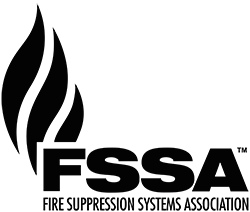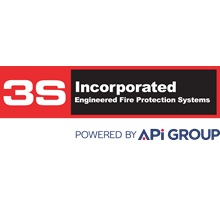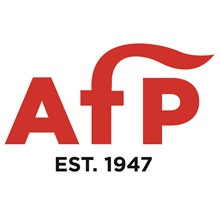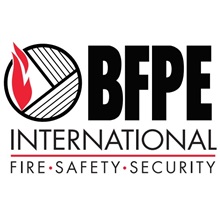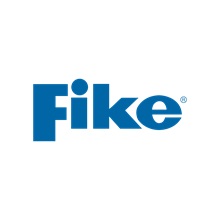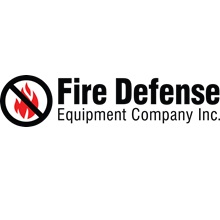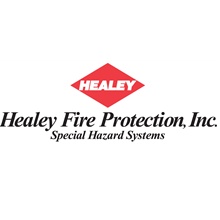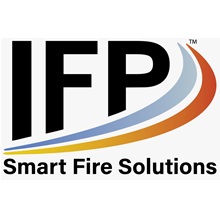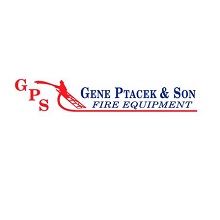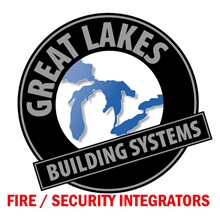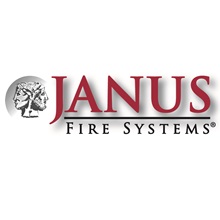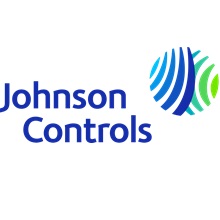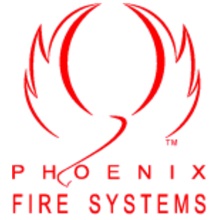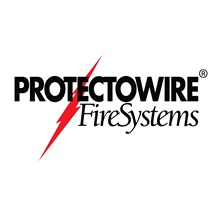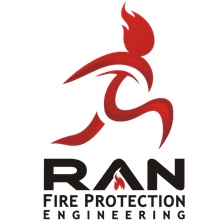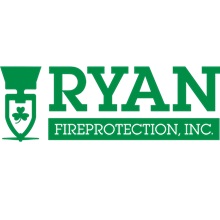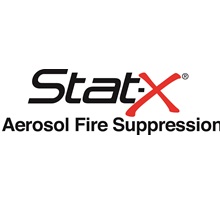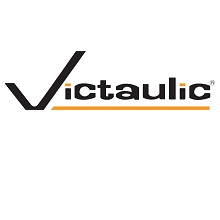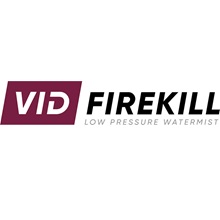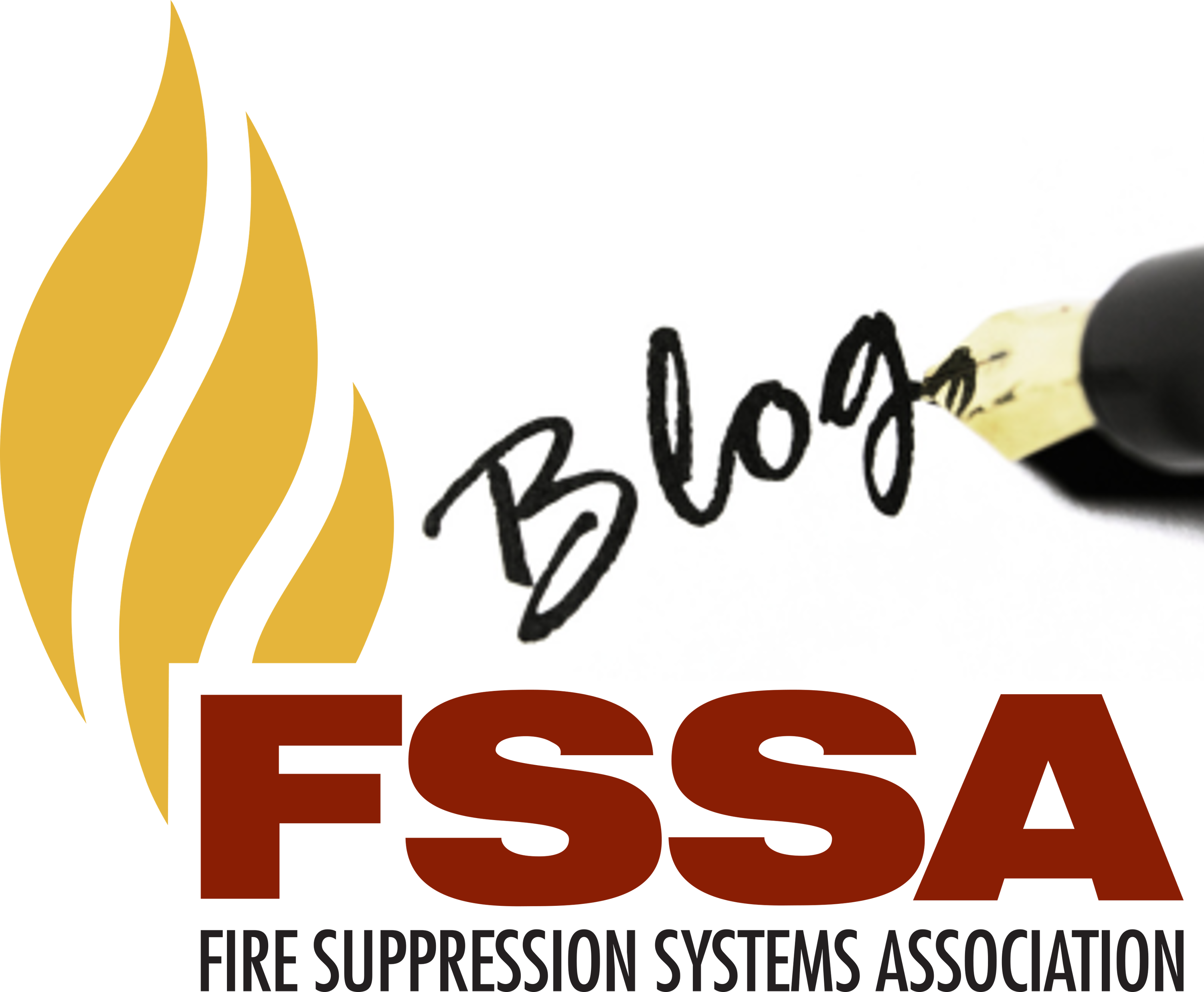NFPA 855: Would Annunciator Panels have Made a Difference at the McMicken Arizona Lithium Ion Facility Fire?
NFPA 855: Would Annunciator Panels Have Made a Difference at the McMicken Arizona Lithium-Ion Facility Fire?
We require smoke and fire detection. That's key. We want to know if these batteries are going into thermal runaway. Some jurisdictions have gone to early fire detection, like the Austin Fire Department. Looking at the first wisp of smoke that comes off lithium-ion batteries, the chemistry is in that first wisp.
For the most part here in Phoenix, we're looking at smoke detection. We want annunciator panels. What we want those annunciator panels to do is give us all of the information that Hunter was trying to get at McMicken. Hunter was just trying to open that door to get a temperature reading inside the room. Man, wouldn't it have been nice for him if we had an annunciator panel tied into the battery management system that gave us all the information; gave us the temperature, gave us the conditions of the batteries, told us which batteries are having an issue so that we can actually look at a diagram and say, okay, we know what the battery in the northwest corner is doing. That's why we're requiring this.
We learned from McMicken that if we would've had this annunciator panel, we would not have had four injuries. We're going to require some sort of fire protection system if it's an occupiable space. Oh, for sure we're gonna require a fire protection system inside. If it's a non-occupiable cabinet, now we can start having conversations. I am not a big fan of putting in a wet fire suppression system inside a cabinet. Now, I might require a wet spray system above the cabinets to help with vapor, especially if I'm in a very populated area. But as far as putting fire protection in a non-occupiable cabinet, that's kind of going away. But you still might be required to do some sort of fire protecting system. You might put a dry chemical system in there in case there's a fire in the fan or there's a fire somewhere else. Keep it from getting into the batteries or we're going to require fire protection systems.
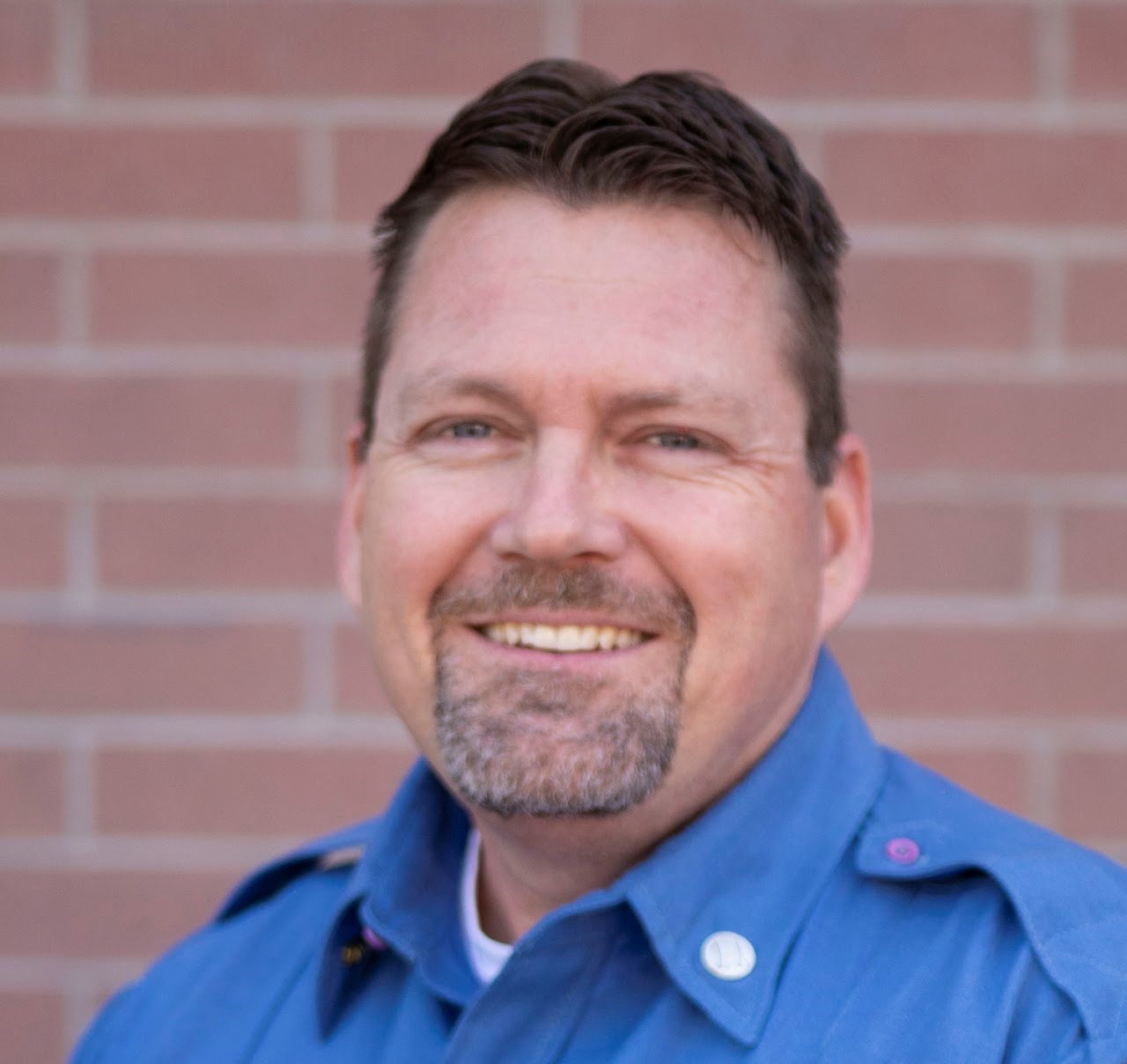 FSSA Series Presented by: Brain Scholl, Deputy Fire Marshall of the Phoenix Fire Department
FSSA Series Presented by: Brain Scholl, Deputy Fire Marshall of the Phoenix Fire Department
As a Deputy Fire Marshal that has seen the impact of ESS fires and incidents as well as a member of the NFPA 855 committee, Brian will share his perspective on how the code was developed, highlight lessons learned from serious ESS incidents, and how the code should be interpreted and applied. Brian Scholl is a Deputy Fire Marshal with the City of Phoenix Fire Department. Throughout his 22-year career, Deputy Fire Marshal Scholl has worked in many roles to include being the Public Information Officer and managing the Special Hazards Unit. This highly trained inspection unit inspects and permits any facility that stores, handles and uses hazardous materials including lithium ion batteries. Brian also serves on many different code technical committees to include NFPA 855, the standard for the Installation of Stationary Energy Systems and NFPA 420, the Standard on Fire Protection of Cannabis Growing and Processing Facilities.
Hear more from Brian first-hand at the upcoming FSSA 2024 Annual Forum which will be held February 22-26 in Phoenix, AZ. We hope to see you at the Forum!
Looking for more education on this topic? Videos are continuing to be added to the FSSA NFPA 855 Standard for the Installation of Stationary Energy Storage Systems Series playlist on YouTube. Subscribe to the FSSA channel for updates. Not an FSSA member? Join today and your entire company gains access to the FSSA Annual Forum, publications and communications, complimentary webinars, discounted training programs and more!
Take advantage of the FSSA new member promotion for Installers, Manufacturers, and Suppliers. This one-time introductory membership price is valid for any new member company or returning member company that has not been active in the last three (3) consecutive years.
